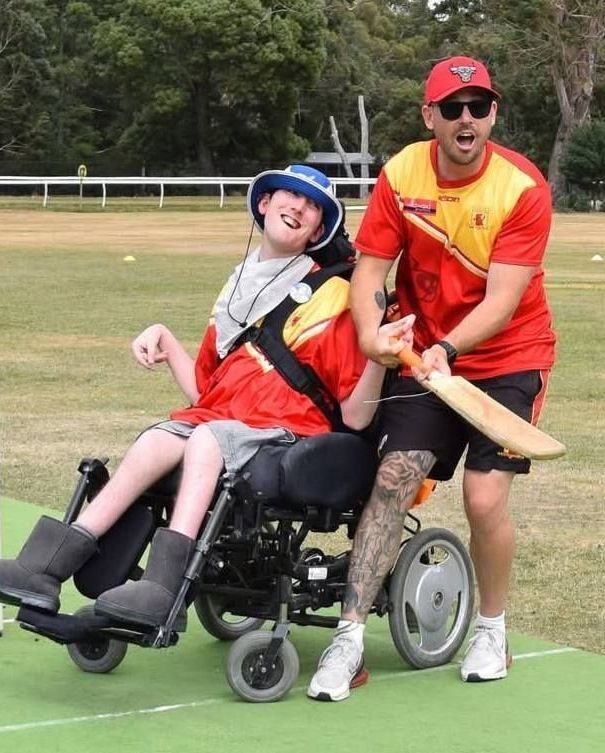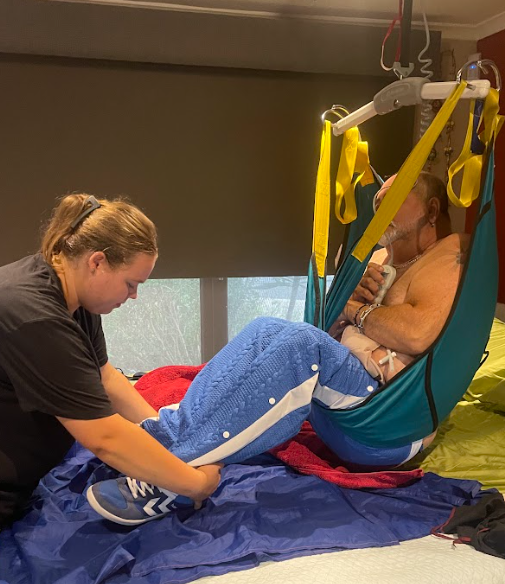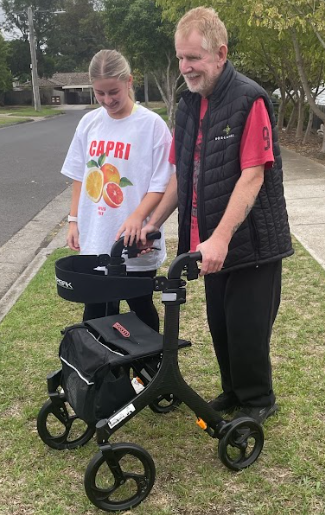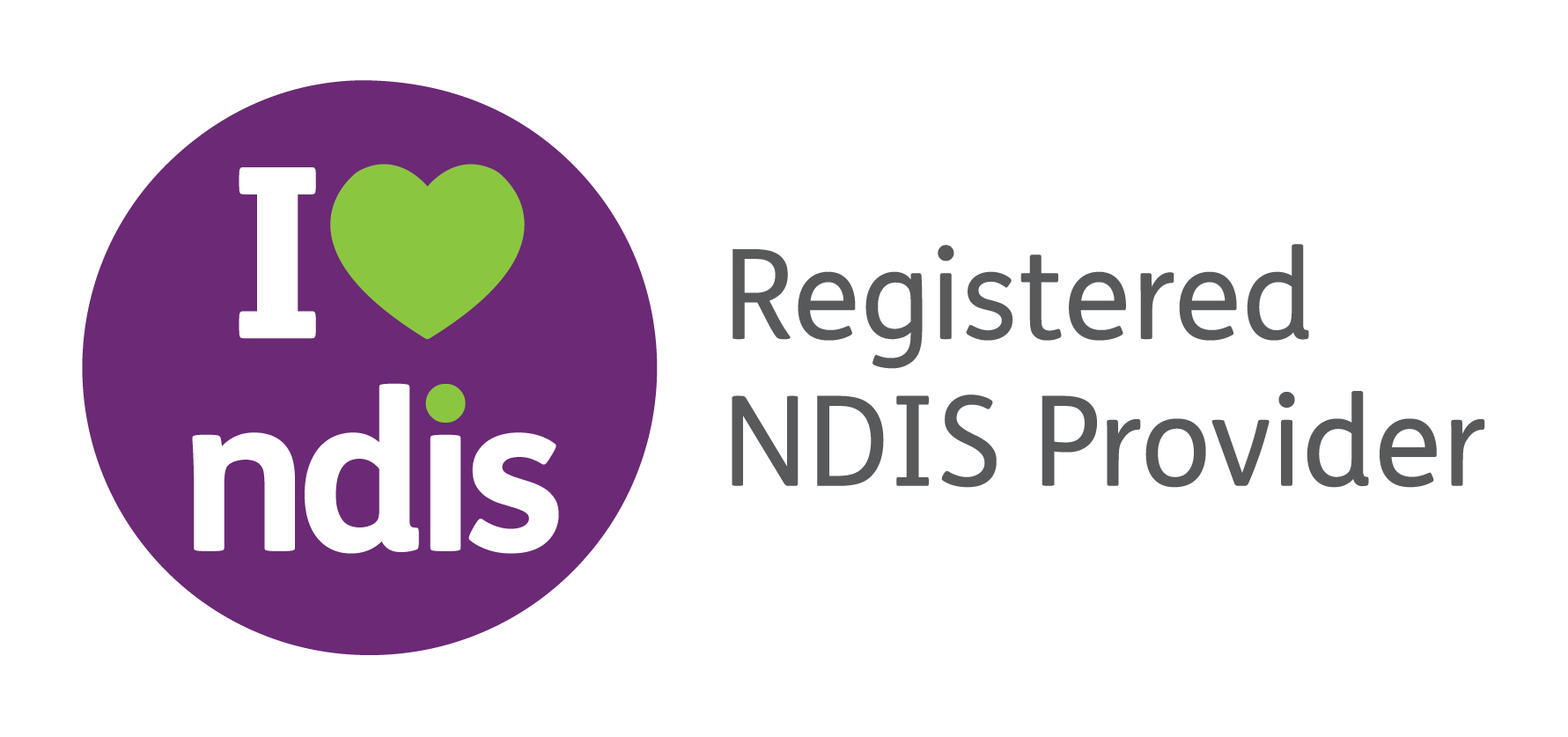NEUROLOGICAL CONDITIONS
LIVING A GREAT LIFE WITH A NEUROLOGICAL CONDITION
Living with a neurological condition means facing daily challenges that others might not even think about. Simple tasks like moving, speaking, or eating can require extra effort. Getting the right support isn’t only about the condition itself. It’s about making life easier, safer, and more comfortable for you.
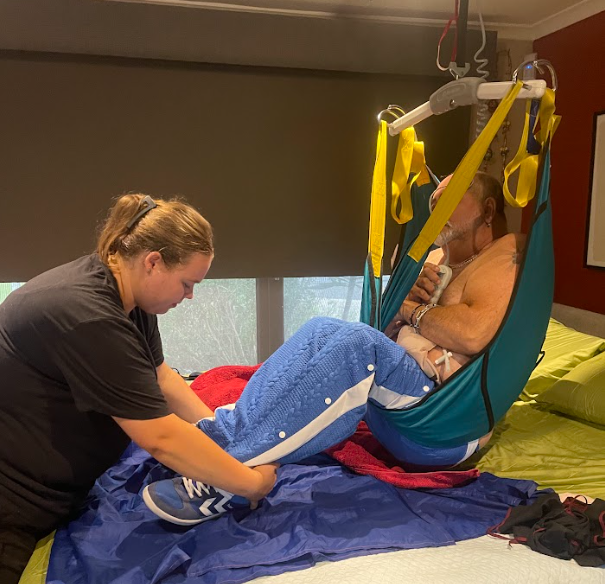
NEUROLOGICAL CONDITIONS THAT CAN BE SUPPORTED
MULTIPLE SCLEROSIS
Multiple Sclerosis (MS) affects the nervous system, leading to changes in mobility, vision, and even memory. Some days feel fine, others don’t. Fatigue can be exhausting, and symptoms can change without warning. The right support makes a real impact, helping you manage symptoms and stay independent as long as possible.
AUTISM
Autism is a neurodevelopmental disability that affects the way people communicate and interact with the world.
This means there can be challenges experienced by autistic people living in a world that is designed for neurotypical people.
Support isn't about forcing you into routines that don't work. It's about figuring out what does work.
Do you need help communicating? Do you need quiet spaces or sensory seeking experiences? No problem. Do you need structure or someone neuroaffirming that can help support or advocate for you? That's doable. It's about helping you set up a life that makes sense for you
MOTOR NEURONE DISEASE
Motor neurone disease (MND) affects movement, speech, and swallowing over time. It’s different for everyone, but the common thread is that muscles become weaker as the condition progresses.
Getting the right care early on means staying comfortable, keeping as much movement as possible, and making sure everyday tasks don’t become unmanageable.
PARKINSONS
With Parkinson’s, caring for people is important. Support isn’t just about managing the physical changes—it’s about keeping the routines that make life feel normal. Whether it’s eating, dressing, or getting out and about, small adjustments help you stay in control.
STROKE
A stroke can happen suddenly, changing everything in an instant. Recovery looks different for everyone. Some people regain strength and mobility quickly, while others need ongoing support. Whatever your situation, the right care can help you rebuild skills, regain confidence, and adapt to new ways of doing things.
ALWAYS TIRED? HERE'S HOW TO MANAGE FATIGUE AND PAIN
Chronic pain and exhaustion are often part of neurological conditions. The right approach—gentle movement, relaxation techniques, or adjustments to daily routines—can make things easier.
KEEPING YOUR INDEPENDENCE: HOW TO STAY IN-CHARGE OF YOUR CARE
Getting dressed, using the bathroom, or taking a shower might feel different when mobility changes. Support should always focus on independence, privacy, and making daily tasks feel as natural as possible.


